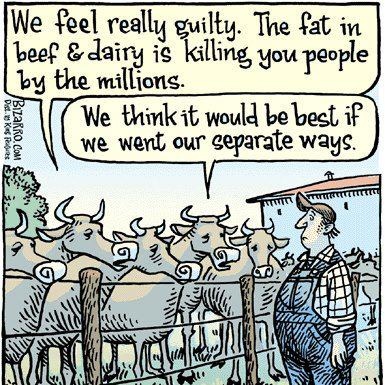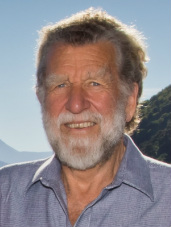We should only add salt at the end of the cooking. Doing it earlier seems to change the way the porridge finishes up. I use natural sea salt; I find the iodised salt takes away from the good flavour.
Go to the porridge recipe page to see the three alternative methods that we use. Our preferred one is oven cooking, but each method produces distinctly different flavours.
Without question whole oat porridge is the very best of all breakfast cereals and making it is easy.


 RSS Feed
RSS Feed
